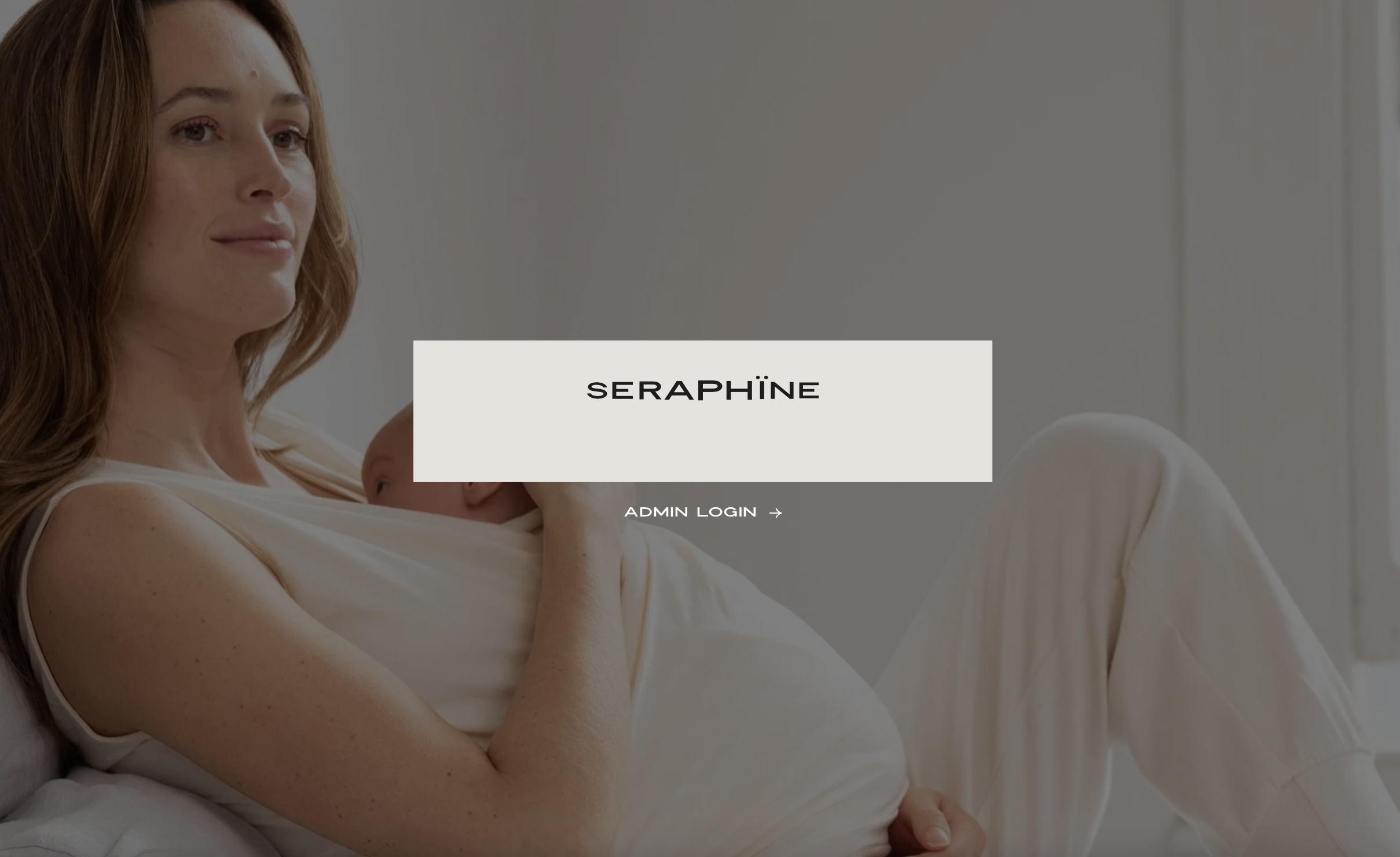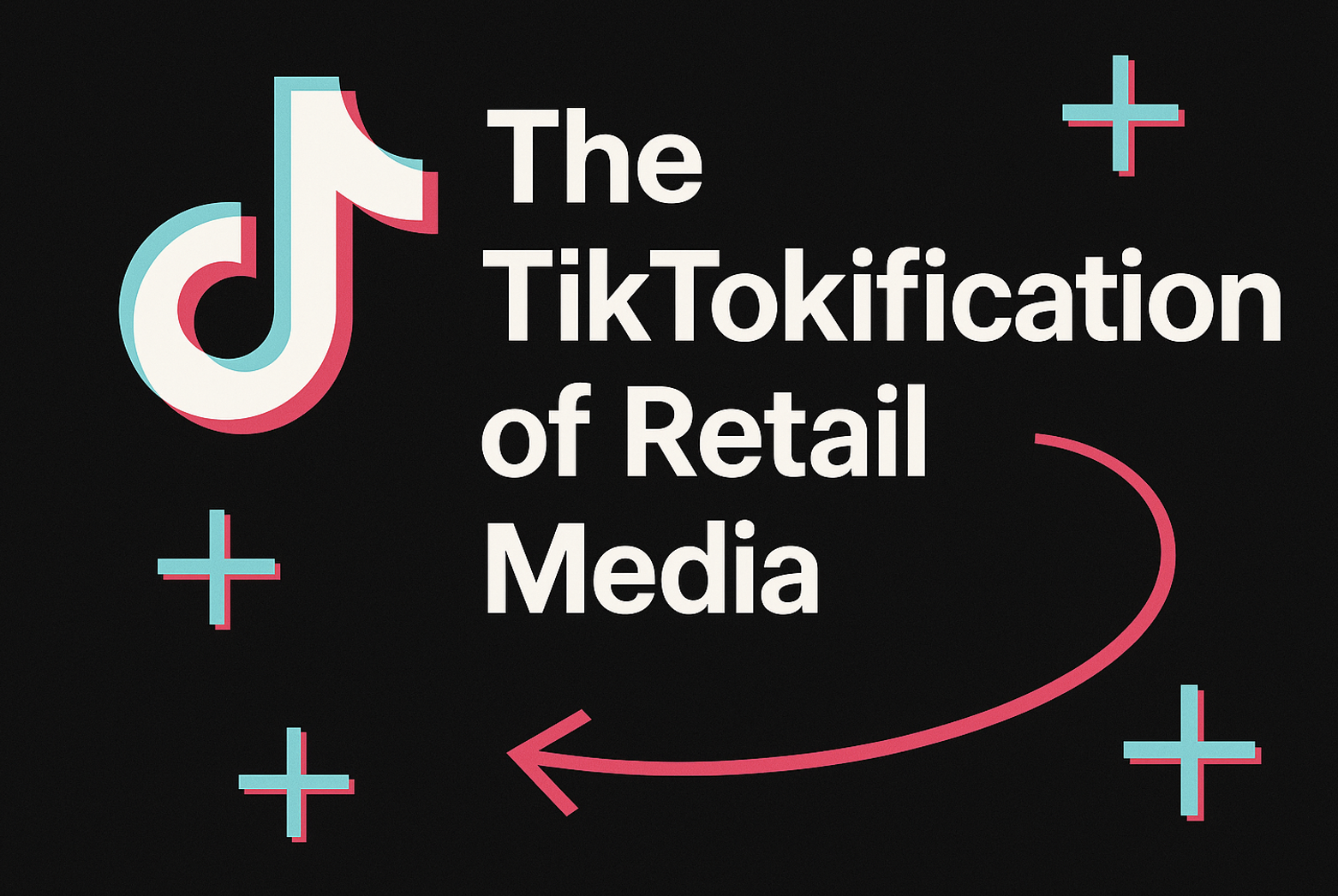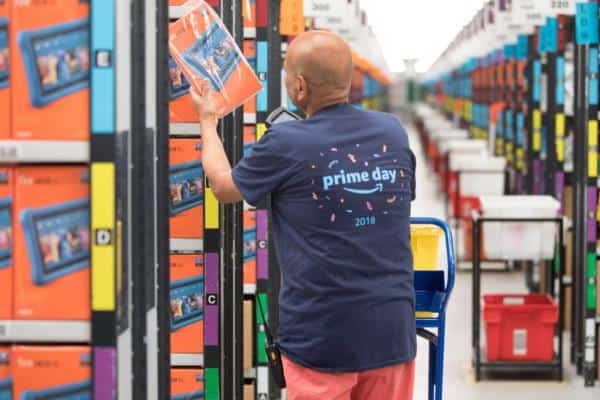Lovehoney – the UK’s largest retailer for sexual wellness products and two-time Queen’s Award for Enterprise holder – has created an instructional guide to both raise awareness of the Google feature and help those over 18s that it is unintentionally obstructing.
The SafeSearch feature, when turned on, prevents Google searches from returning ‘explicit’ results, but it is being implemented inconsistently. For example, organic results and paid ads for the Lovehoney site – which contains actual sexual wellness advice – are blocked, while its products still show up on multi-billion-dollar retailers.
While Lovehoney supports the movement towards a safer internet experience for children, recent changes to the SafeSearch feature mean that it is automatically turned on for anyone whose age Google can’t determine (thought to be approximately a third of users), resulting in large numbers of consenting adults being prevented from searching for sexual wellness.
This is yet another example of Big Tech’s censorship of sex positivity, with Google joining the likes of Facebook and Instagram – who flag female nipples, block advertisements and suspend sex-positive accounts – in quashing our sexual happiness, which Lovehoney unequivocally opposes.
Commenting on the subject, Johanna Rief, Head of Sexual Empowerment at Lovehoney, comments: “Although we are fully in support of Google’s SafeSearch feature for under 18s, there seems to be some clear inconsistencies that are ultimately harming sex-positive companies and the consenting adults that are trying to find products and information on the topic. Unfortunately, it is just another example of Big Tech treating sexuality as something that is sinful, while allowing actual harmful content to slip through the net.”
Having raised more than 600 upheld complaints to Google about blocked ads – and being inundated with queries from customers unable to find Lovehoney’s site – the sexual wellness brand has decided to take matters into its own hands, hoping this might finally open a two-way conversation with the search giant.
The video is an animated guide and aims to help those ‘suffering from SafeSearch’ (symptoms of which include suppressed sexual happiness). The guide walks consenting adults through the process of turning SafeSearch off, in-turn showing them how to find Lovehoney without any issues.
This is not the first time Lovehoney has raised awareness of this issue; last month, the sexual wellness brand worked with McCann Birmingham to create a digital billboard, referencing Google’s SafeSearch feature. On the billboard, you see the giant word ‘OGLE,’ followed by the wording ‘turn SafeSearch off to lay eyes on our full range.’
As well as the video and the billboard, Lovehoney has created an advice page with additional information on SafeSearch as well as a step-by-step guide on switching it off, which is available here: https://www.lovehoney.co.uk/advice/safe-search.html
On the guide created by Lovehoney, Rief adds: “Having raised the issue countless times with Google and receiving little response, we felt that we had no choice but to create this instructional guide, particularly as there is such little information already out there, especially from the search engine itself. We hope to inform about the issue that is affecting our sector, while standing by our modus operandi, which is to help consenting adults achieve sexual happiness.”









